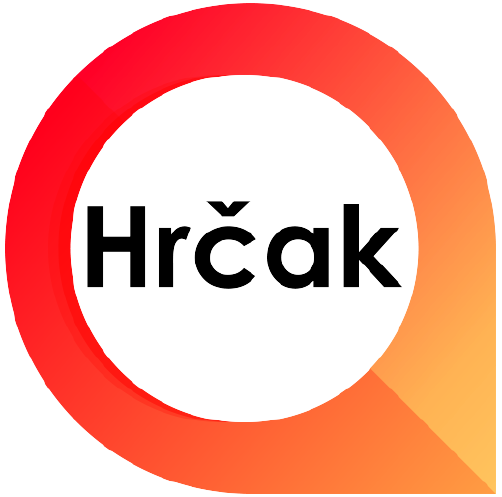
- Status in HRČAK: active
- ISSN 1847-9286 (Online)
- DOI: https://doi.org/10.5599/jese
- Contact:
International Association of Physical Chemists
S. Alića 4
HR-10000 Zabreb, Croatia
Tel. +385 (0)1 3733570
Email: jese@jese-online.org. - Email: jese@iapchem.org
- URL: http://www.pub.iapchem.org/ojs/index.php/JESE
- Publisher:
International Association of Physical Chemists
S. Alića 4, Zagreb
https://www.iapchem.org/
office@iapchem.org
- Guidelines for authors
- Guidelines for reviewers
- Impressum
- Publication Ethics and Malpractice Statement
Journal of Electrochemical Science and Engineering is an open access journal devoted to the rapid dissemination of new and original scientific results in all areas of electrochemical science, engineering, technology and material engineering. The scope of the Journal involves, but is not limited to, the following areas: · Electrochemical material science · Electrochemical energy conversion and storage · Electrochemical catalysis · Molecular electrochemistry and electrochemical synthesis · Electrochemical process engineering · Corrosion and corrosion protection engineering · Analytical electrochemistry and bioelectrochemistry · Environmental electrochemistry · Physical electrochemistry Papers submitted for publication undergo fast peer-revision process and the accepted one are immediately published on-line.
- Peer review: peer review, international peer review, all papers, single blind review, double
- First year of publication: 2011.
- Frequency (annually): 6
- Scientific disciplines and subdisciplines: Interdisciplinary Technical Sciences, Basic Technical Sciences, Chemical Engineering, Technical Sciences, Chemistry, Natural Sciences
- Date added to HRČAK: 12.06.2012.
- Rights: Journal of Electrochemical Science and Engineering (jESE) publishes articles under the Creative Commons Attribution License. This means that all articles published by jESE, including data, graphics tables and supplement materials, can be reused by other autors, linked on websites, crawled by search engines, or reused by blogs... , free of charge under the sole condition of proper accreditation of the source and the original Publisher. jESE believes that open access publishing can foster the exchange of research results amongst electrochemists world-wide, including from developing countries, as well as to an interested general public. We believe that open access is an enriching part of the science communication that could and should co-exist with all other forms of communication and publication.

